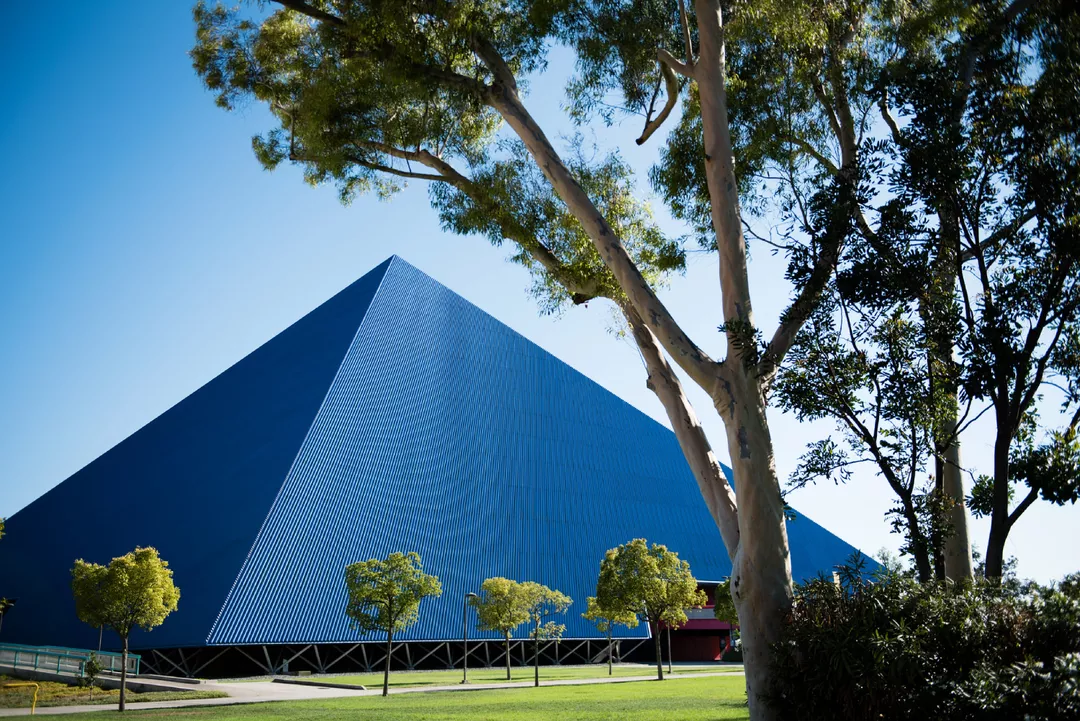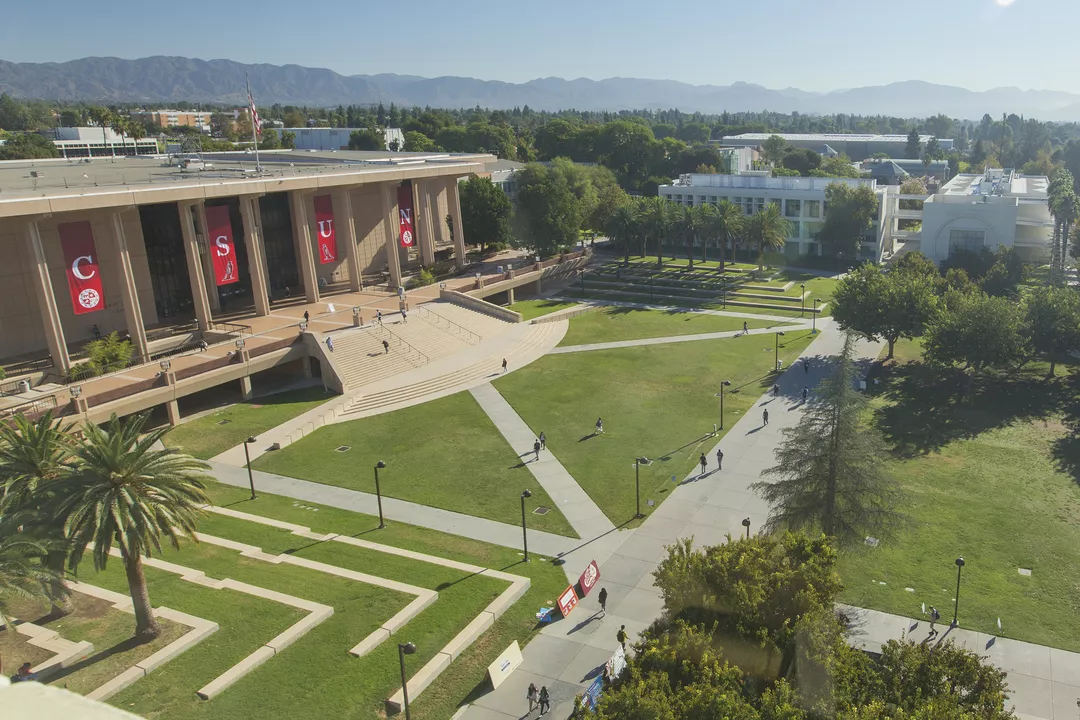-
hello@abroadcube.com
Mail us
-
Call For Help:
98779 83783
-
Whatsapp Us
70090 34921
Nutrition is a potent modulator of the acute responses and the chronic adaptations to exercise and training. The Master’s Program in Exercise Physiology and Nutrition allows students to study the interaction between nutrition and the physiology of exercise. Graduates will understand how to meet the nutritional needs of exercise, training, and conditioning to enhance human health, function, and performance as well as the underlying mechanisms at the molecular level to the whole body. The Physiology of Exercise and Sport (PEXS) Laboratory operated by active researchers in the field and is equipped for gene and biochemical analysis as well as whole body metabolics and athletic performance. From athletic performance to community nutrition, this degree prepares students to work with a wide variety of populations in a number of different settings using research-based curriculum, practical experiences, and original research. The Master’s Program in Exercise Physiology and Nutrition also equips students for advanced graduate work including doctoral degrees and clinical and medical training.
| Level | Masters |
| Discipline | Sciences |
| Duration | 24 months |
| Intakes | Jan, Sep |
| Application Fees | USD 70 |
| Tuition Fees | USD 14604 |
| Campus | Long Beach |
| Language proficiency (minimum) | |
| IELTS | 6 |
|---|---|
| TOEFL | 80 |
| PTE | 58 |
| Duolingo | 115 |
| Exam proficiency (minimum) | |
| SAT | Not Required / Waiver |
|---|---|
| ACT | Not Required / Waiver |
| GRE | Not Required / Waiver |
| GMAT | Not Required / Waiver |
Minimum GPA - 70%
QS Quacquarelli Symonds is the world’s leading provider of services, analytics, and insight to the global higher education sector, whose mission is to enable motivated people anywhere in the world to fulfil their potential through educational achievement, international mobility, and career development.
THE (Times Higher Education) has been providing trusted performance data on universities for students and their families, academics, university leaders, governments and industry, since 2004. We create university rankings to assess university performance on the global stage and to provide a resource for readers to understand the different missions and successes of higher education institutions.
The Academic Ranking of World Universities (ARWU) was first published in June 2003 by the Center for World-Class Universities (CWCU), Graduate School of Education (formerly the Institute of Higher Education) of Shanghai Jiao Tong University, China, and updated on an annual basis
The "Webometrics Ranking of World Universities" is an initiative of the Cybermetrics Lab, a research group belonging to the Consejo Superior de Investigaciones Científicas (CSIC), the largest public research body in Spain. CSIC is among the first basic research organizations in Europe. The CSIC consisted in 2006 of 126 centers and institutes distributed throughout Spain.



